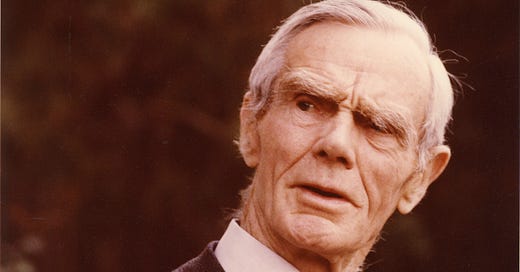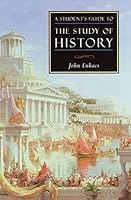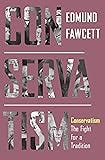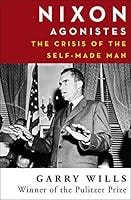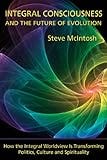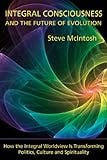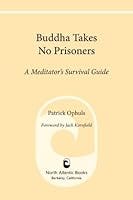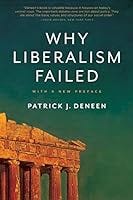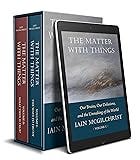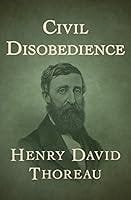A Student's Guide to the Study of History
Around 1980 the extraordinary English thinker Owen Barfield wrote: “The Western outlook emphasizes the importance of history and pays an ever increasing attention to it…there is a new concept of history in the air, a new feeling for its true significance. We have witnessed the dim dawning of a sense that history is to be grasped as something substantial to the being of man, as an ‘existential encounter.’”
Barfield and Lukacs recognized themselves as kindred spirits and became good friends.
Part of Le Bon’s success was to reframe ancient prejudice. Crowds were not mindless, Le Bon insisted, rather, they had a mind of a special kind. In La Psychologie des foules (The Crowd: A Study of the Popular Mind, 1895), Le Bon wrote of a collective mind driven by hidden instincts that silenced even the crowd’s most reasonable members. “Isolated,” he wrote, “a man may be a cultivated individual; in a crowd, he is a barbarian.
I distrust crowds, mobs, although when done without a mob-mentality, large, peaceful gatherings can create a compelling message.
Liberalism, after all, is more a mode of working toward the truth than a set of truths. It is, in its apologists’ own view, “value free.” As Schlesinger puts it, “ideas are relative”—as opposed to ideologies, which are absolute.
Wills’s book is about Nixon and a compelling critique of American political liberalism.
Integral Consciousness and the Future of Evolution
Sri Aurobindo describes what he calls “three dynamic images” through which one makes contact with “supreme Reality.” These are: 1) the way of the intellect, or of knowledge—the way of truth; 2) the way of the heart, or of emotion—the way of beauty; and 3) the way of the will, or of action—the way of goodness. Aurobindo comments further that “these three ways, combined and followed concurrently, have a most powerful effect.”
Integral Consciousness and the Future of Evolution
You may have heard the joke that the U.S. government was designed by geniuses so it could be safely run by idiots.
We are now testing this assertion. The results aren’t promising, to say the least.
Patrick Ophuls, foreword by Jack Kornfield
Alas, we do not have simple, frugal hearts. On the contrary, our economy thrives by fomenting perpetual discontent. So our wants know no bounds, and Mara finds us easy pickings.
Mara finds the pickings especially easy these days. She runs rampant in our society.
Liberalism is the first of the modern world’s three great competitor political ideologies, and with the demise of fascism and communism, it is the only ideology still with a claim to viability.
I don’t agree with Deneen much, but I agree with this contention.
An answer to this is to interpret what counts as knowledge in context, an approach known, indeed, as ‘contextualism’. It entails acceptance of the fact that if you set the bar high enough, we can never be said to know anything. Knowledge is a matter of degree: our standards for ‘knowing’ anything change with context.
“A common and natural result of an undue respect of law is, that you may see a file of soldiers, colonel, captain, corporal, privates, powder-monkeys, and all, marching in admirable order over hill and dale to the wars, against their wills, ay, against their common sense and consciences, which makes it very steep marching indeed, and produces a palpitation of the heart.”
Today, would members of the U.S. military march against Greenland, Canada, or Mexico? One must hope not, but then members of our military should not be put to the test. To do so would be immoral and a great harm to our nation.
